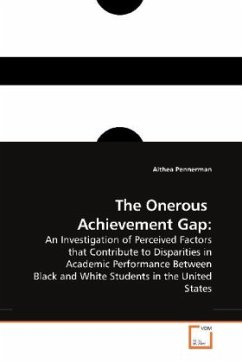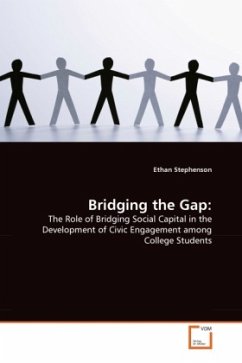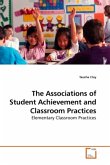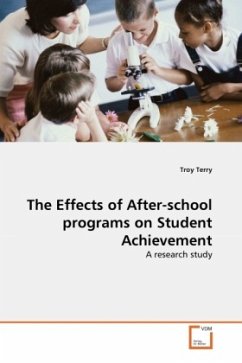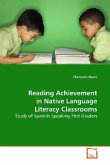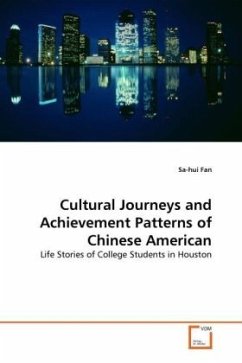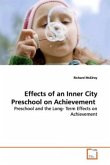The academic underachievement of some minority groups is a major educational concern in the US. Among the main racial and ethnic groups, Black students in particular record poor academic performance. Efforts aimed at closing the achievement gap need to be grounded in sound research. It is critically important to identify specific obstacles underachievers encounter in the learning process in order to remove them. Inadequate strategy utilization and affective influences are often cited in the literature as factors that contribute to the disparity in test scores between Black and White students. Descriptive details of how these variables affect the learning and test-taking experiences of Black students are provided in this book. This qualitative study clearly revealed inadequate strategy use and almost debilitating test-related anxiety among the Black students. These findings suggested that strategy training and exposure to a broad variety of literature promise multiple benefits that include improving test performance, increasing academic confidence, and reducing the high levels of anxiety that characterize the schooling experiences of many Black students.

